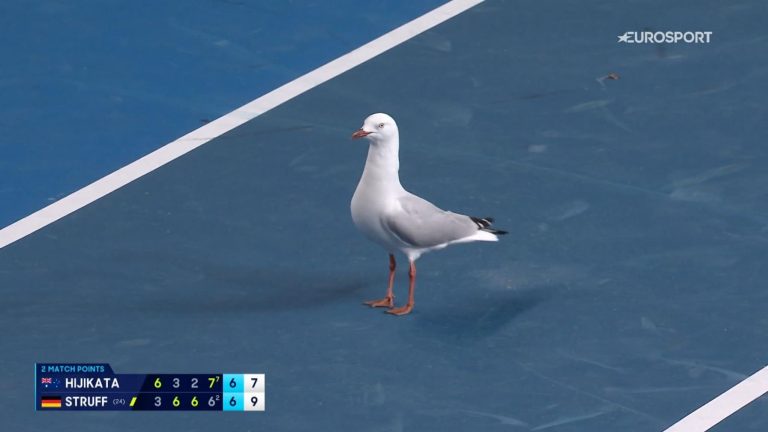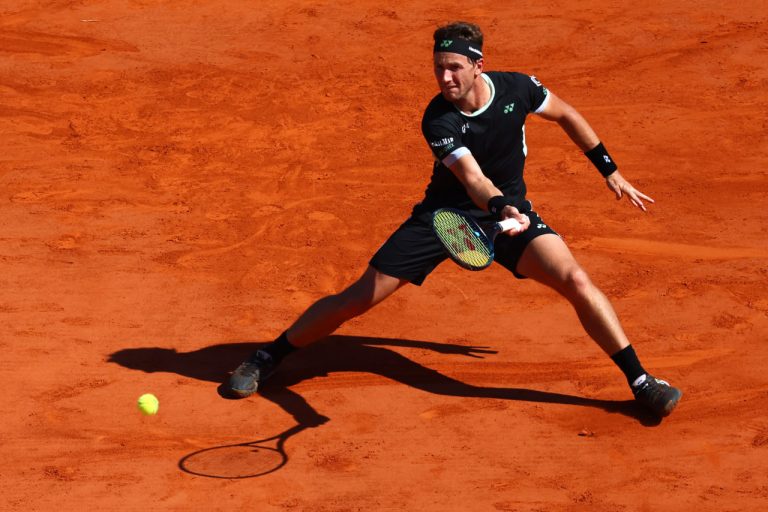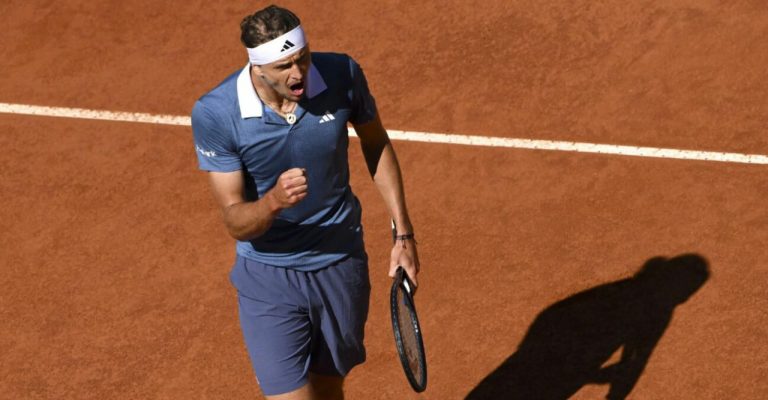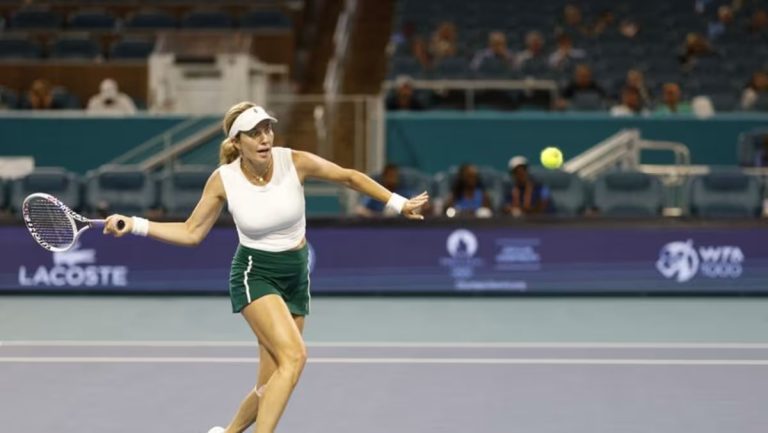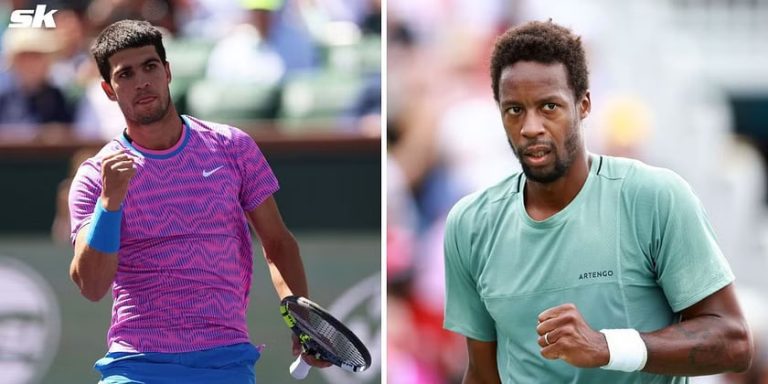Simona Halep is suing a Canadian business for a substance that was connected to her doping ban.
Simona Halep, the former top-ranked tennis player, finds herself entangled in a legal battle with a Canadian company, Quantum Nutrition, over a supplement that she alleges led to her receiving a four-year doping ban, jeopardizing her illustrious career. Seeking more than $10 million in damages, Halep has filed a lawsuit against Quantum Nutrition, operating as Schinoussa Superfoods, after testing positive for Roxadustat, a banned substance, during the 2022 U.S. Open.
Roxadustat, known for its ability to increase haemoglobin levels and red blood cell production, is prohibited by the World Anti-Doping Agency due to its potential performance-enhancing effects. Halep claims that she unknowingly consumed Roxadustat through contaminated Schinoussa supplements, specifically the Keto MCT, during the 2022 Flushing Meadows tournament. She asserts that the presence of Roxadustat was not disclosed on the supplement label, resulting in her inadvertent ingestion of the banned substance.
Maintaining her innocence, the two-time Grand Slam champion contends that she has never knowingly used any prohibited substances. Halep attributes the alleged doping violation to Quantum Nutrition’s negligence and asserts that the company’s false claims regarding the legality of its supplements have tarnished her reputation, damaged her career prospects, and subjected her to public humiliation.
In 24hscore addition to seeking compensatory damages, Halep is pursuing punitive damages against Quantum Nutrition. Her lawsuit, filed in a New York state court in Manhattan, underscores the severity of the allegations and the significant impact they have had on her personal and professional life.
Quantum Nutrition, headquartered in Scarborough, Ontario, has yet to respond to the allegations raised by Halep. The company’s founder previously dismissed Halep’s claims as an attempt to shift blame and portrayed Quantum Nutrition as a scapegoat in the controversy surrounding the doping allegations.
While Halep challenges the validity of her doping suspension, she remains determined to clear her name and salvage her tennis career. Despite the setback, she has filed an appeal against the four-year ban imposed by the International Tennis Integrity Agency tribunal. Although the tribunal acknowledged Halep’s lack of awareness regarding the supplement’s contamination with Roxadustat, it raised doubts about the extent to which the contamination could explain the presence of the banned substance in her urine sample.
Halep’s legal battle extends to the Court of Arbitration for Sport in Lausanne, Switzerland, where she recently appealed the tribunal’s ruling. Expressing confidence in the eventual revelation of the truth, Halep remains optimistic about the prospect of returning to competitive tennis and restoring her reputation.
Renowned for her achievements on the court, including victories at the French Open in 2018 and Wimbledon in 2019, Halep’s legal dispute with Quantum Nutrition underscores the complexities and controversies surrounding doping allegations in professional sports. As the case unfolds, it raises important questions about athlete accountability, supplement safety, and the integrity of anti-doping measures in the world of professional tennis.



